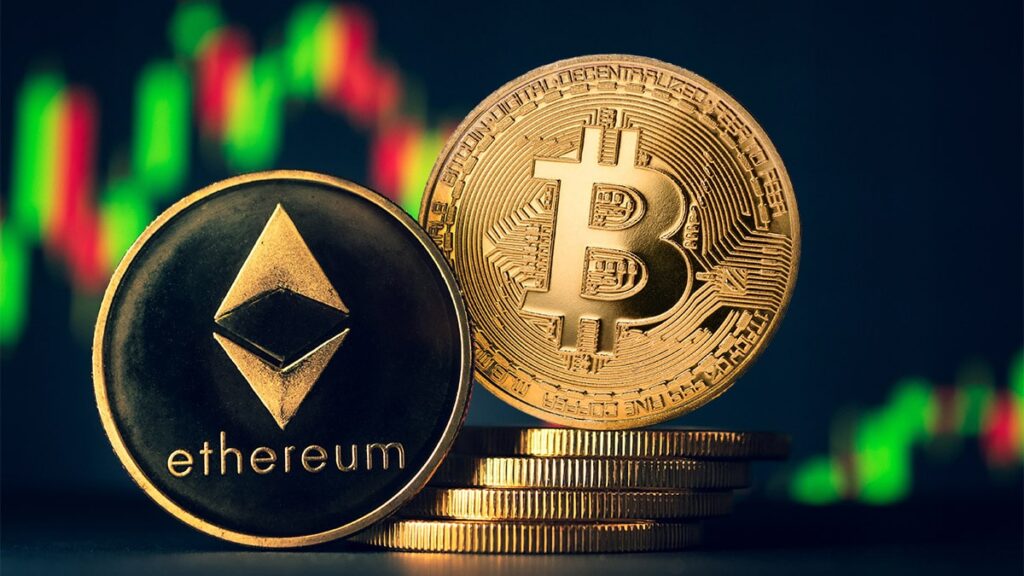German quantum breakthrough demonstrates the necessity of particle physicists in the crypto Field.

A revolution in particle physics with implications for finance, economics, and cryptocurrency could result from groundbreaking German quantum computing research. It may be appropriate for crypto industry companies to incorporate particle physicists and chief science officers into their portfolios.
Cryptocurrency has established itself through its engineering and innovation prowess, much like the technology sector that preceded it. In some respects, the engineering and innovation required to develop blockchain and cryptocurrency are comparable to the emergence of personal computing and the internet.
Nevertheless, the technology sector has transitioned to the field of rigorous science over the past two decades. It may be time for crypto to adopt this approach.
Quantum computation laboratories are at Amazon, IBM, Google, Microsoft, and Meta. Big tech laboratories have been the source of some of the most significant quantum computing and physics research.
For instance, Google’s laboratory was the primary location for implementing time crystals in a quantum processor in 2021. Additionally, both Microsoft and IBM have significantly contributed to advancing “quantum advantage” within their respective laboratories.
German Quantum advantage
A team of researchers from the Max Planck Institute for Quantum Optics presented a method to achieve a quantum advantage over the “many-body-model” problem in their paper titled “Quantum advantage and stability to errors in analog quantum simulators” on August 2.
Quantum advantage is a non-scientific term that denotes the ability of a quantum computer to perform operations that a classical, binary computer either could not perform or could not perform at a sufficient rate to be of any practical use.
The researchers in Germany simulated a quantum setup that, according to their peer-reviewed research, can theoretically demonstrate a distinct quantum advantage in many-body problems. Their architecture would substantially reduce errors, one of the most significant unresolved issues in quantum computing.
Cryptophysics
Quantum advantage in the field of many-body problems can revolutionize particle physics. As humanity enhances its capacity to anticipate particle physics on a broader scale, various technologies, including quantum teleportation and cold fusion, may be considered.
An example of a particle physics simulator is the classic video game “Pong.” The game requires you to monitor a solitary particle in the form of a ball. If you can envision the challenge of simultaneously monitoring dozens, thousands, or trillions of particles, you are approaching the many-body problem and elementary particle physics.
The issue of predicting particle motion becomes intractable to the point of failure as the number of particles (or bodies) increases.
Economics physics
By visualizing each historical, active, and future transaction as a particle, we can apply the principles of particle physics to the financial sector. This may appear counterintuitive; however, applying physics solutions to economic problems has been a longstanding practice in science. As personal computers gained popularity in the early 1990s, “econophysics” was introduced to characterize the amalgam in contemporary terminology.
Similarly, it is not difficult to envision “cryptophysics” gaining prominence as quantum computing matures.
In a hypothetical scenario, a quantum computer capable of outperforming binary computers in resolving many-body problems would be more capable of predicting market movements than any supercomputer.
For instance, Bitcoin (BTC) transactions should be fundamentally simpler for a quantum computer that is sufficiently powerful to consider as a many-body model problem than fiat currency, as we know the exact quantity of Bitcoin that will ever exist.

